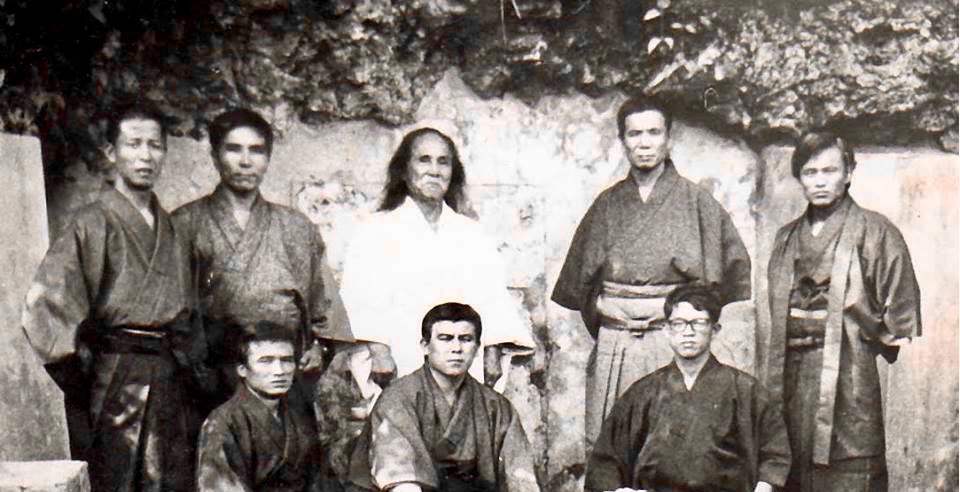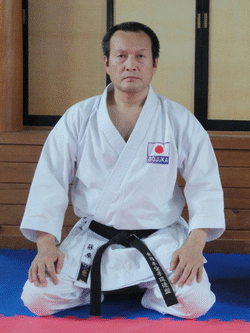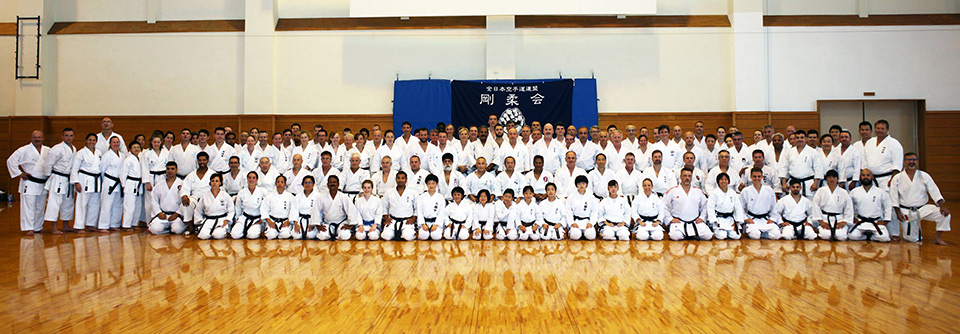
Our Lineage & History
The making of Goshukan and Goju-Ryu Karate-Do Seiwakai.
Goshukan Karate Academy is one of the many karate clubs in the world under Goju-Ryu Karate-Do Seiwakai, founded in 1971 by the late Mr Shuji Tasaki Hanshi (1933 – 2011), a 9th Dan practitioner in Seiwakai and Japan Karate-do Federation (JKF) Goju-Kai. Mr Tasaki began training in Goju-Ryu in 1952 under the tutelage of Grandmaster Gogen Yamaguchi Sensei. Mr Tasaki is known to be Yamaguchi Sensei's most competent fighter, having proven himself in the first All Japan Karate-Do Goju-Kai Championships in 1963. His extraordinary fighting ability has earned him the nickname 'Goshu' from Yamaguchi Sensei, a combination of the 'Go' meaning hard and 'Shu', the abbreviation of Mr Tasaki's first name Shuji. In 2007, the name 'Goshukan' was bestowed upon Goshukan Karate Academy's Chief Instructor, Stacey Karetsian Shihan, by Mr Tasaki.

Today, Mr Tasaki's senior student, Mr Seiichi Fujiwara Hanshi, leads the organisation as the President and Chief Instructor of Seiwakai Goju-Ryu international. Mr Fujiwara holds a 9th Dan black belt with Seiwakai and 8th Dan with JKF Goju-Kai and is the Chairman of the Overseas Committee Office of JKF Goju-Kai.
Mr Fujiwara regularly travels around the world on five continents, conducting seminars and gradings for members of Seiwakai. Today, Seiwakai forms one of the most prominent organisations out of the 13 member organisations of JKF Goju-Kai, with thousands of members training each week worldwide within Australia, India, Slovakia, Italy, South Africa, New Zealand, Hongkong, Sri Lanka, Mexico, Canada, USA, UK and Japan, just to name a few.
Try a class for Free Ask a question